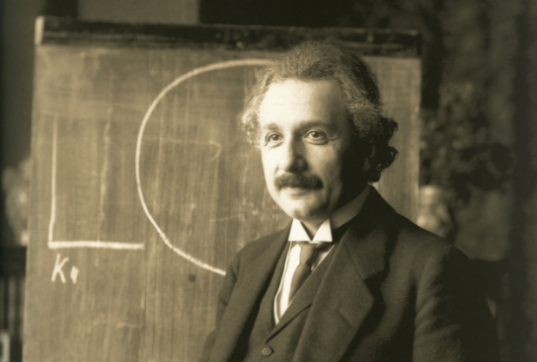
"There have been many times in American history when celebrations of the country's multi-ethnic, ever-changing demography served as powerful counterweights to narrow, exclusionary, nationalisms. In 1855, for example, the publication of Brooklyn native Walt Whitman's offered a "passionate embrace of equality," writes Song of Myself Kathleen Kennedy Townsend, "the soul of democracy.""
"We can contrast the vibrancy and dynamism of Whitman's vision with the violent nativism of the anti-immigrant Know-Nothings, who reached their peak in the 1850s. The movement was founded by two other New Yorkers, gang leader William "Bill the Butcher" Poole and writer Thomas R. Whitney, who asked in one of his political tracts, "What is equality but stagnation?""
"Almost 100 years later, we see another nationalist movement taking hold, not only in Europe, but in the States. Before the U.S. entered World War II, its views on National Socialist Germany were decidedly ambivalent, with glowing portraits of its leader published throughout the 30s, and a sizable Nazi presence in the U.S. From 1934 to 1939, for example, German groups in the U.S. organized massive rallies in Madison Square Garden. Additionally, the German-American Bund promoted the Nazi Party throughout the U.S. with 70 different local chapters."
American history contains episodes when multicultural celebrations served as counterweights to narrow, exclusionary nationalisms. In 1855 Walt Whitman's publication embodied a passionate embrace of equality and the soul of democracy. The vibrancy of Whitman's vision contrasted with the violent nativism of the Know-Nothings, a movement founded by William "Bill the Butcher" Poole and Thomas R. Whitney, who asked "What is equality but stagnation?" Nearly a century later nationalist currents reemerged as ambivalence toward Nazi Germany produced a visible Nazi presence in the United States. From 1934 to 1939 German groups held massive rallies in Madison Square Garden and the German-American Bund operated some 70 local chapters and organized family camps.
Read at Open Culture
Unable to calculate read time
Collection
[
|
...
]